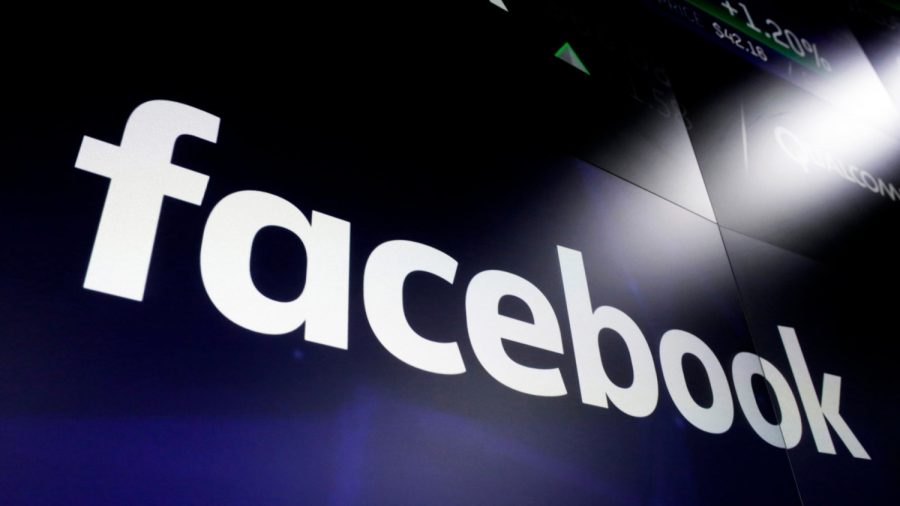As lawmakers on both Capitol Hill and in Parliament in the UK meet this week to discuss legislation responding to the genocide of Uyghurs in China, The Epoch Times has received evidence linking Facebook ad revenue to Chinese companies profiting from that genocide. The advertisement of Uyghur hair on Facebook places the social media giant at odd with policymakers, human rights activists, and its own stated policies.
The Background
On Aug. 20, 2020, the Epoch Times reported that U.S. Customs and Border Protection (CPB) seized over 13 tons of human hair products from the Western province of Xinjiang. In the report, investigative journalist Ethan Gutmann stated, “My back-of-the-envelope calculation is that this shipment represents the hair of approximately 90,000 women, incarcerated in ‘re-education camps.’ Although this sort of long, exotic hair—deep chestnut browns, red highlights—are usually identified in Chinese catalogs with the euphemism ‘Mongolian,’ the hair is shaved from the heads of Uyghur, Kazakh, Kyrgyz, and Hui women.”
Shortly after the CBP discovery, the Trump Administration swiftly responded, issuing strict sanctions on CCP-linked companies, later expanding those sanctions on Chinese officials.
In the UK, similar measures were introduced through an amendment by Lord David Alton to the ongoing post-BREXIT legislation on commerce and trade. Addressing his amendment to the House of Lords in February, Alton stated that the UK “failed to predict genocide, we failed to prevent genocide, we failed to protect victims of genocide and we failed to prosecute perpetrators of genocide.” He went on to suggest ensuring such an amendment added to legislation focusing on future trade would help ensure practical, effective human rights protections.
Exclusive Evidence: Profiting from Genocide Continues


A source in Italy provided Epoch Times with screenshots of a conversation with an established company—Beijing YSG Human Hair Products Trading Company, Ltd.—reportedly telling the source it is located in Hong Kong, but whose location on its page and its name suggest it is within mainland China. Within the conversation, as seen in the screenshots provided, the source asked YSG where the hair was obtained, and if it was from the Uyghur ethnic group.
YSG responded, “Hello, dear friend, our hair [is] Uyghur hair.”
The Epoch Times followed up with several other sources, confirming a pattern of similar companies engaging in similar transactions on Facebook, targeting Western European and U.S. women. Sources explained that when they searched for “real hair extensions” or “real hair wigs”, ads would begin appearing on their Facebook timelines—ads with the same videos, same claims but different company names. When contacted, these companies all claim to be located in Hong Kong, and that their “real human hair” products were of the highest quality.
As of March 21, YSG continues selling through Facebook hair it admitted was from Uyghurs. Similar companies “suggested” by the social media platform appear also to be selling Uyghur hair. Since a woman’s long hair is highly valued in Uyghur culture, the hair products being sold are almost certainly a product of the ongoing persecution, and not donated or sold freely.
How Facebook Makes Its Money
According to a report issued by Statista, in 2020 over “97.9% of Facebook’s global revenue was generated from advertising” with “Facebook ad revenue (standing) at close to 86 billion U.S. dollars.”
When a company (or companies) generate an advertisement for the sale of products or services on the social media platform, each ad goes through an approval process as determined by Facebook advertisement policies, (see here). Not only does Facebook receive revenue from the advertisements purchased, but they claim strict oversight and approval of all such advertisements.

Human Rights and Big Tech Legislation
On March 16, 2021 Facebook announced a new “commitment to human rights policy,” combatting, among things, disinformation—an issue that will be addressed when leaders of social media platforms such as Facebook testify before the House Committee on Energy and Commerce this week.
Within the initiative, Facebook declares, “Our goal is for Facebook, as a business and a platform, to be a place for equality, safety, dignity and free speech—the core principles of human rights—and to build systems that respect human rights and guidance of the UNGPs [UN Guiding Principles on Business and Human Rights].”
Facebook did not respond to a set of questions about the ads from The Epoch Times.
From The Epoch Times


